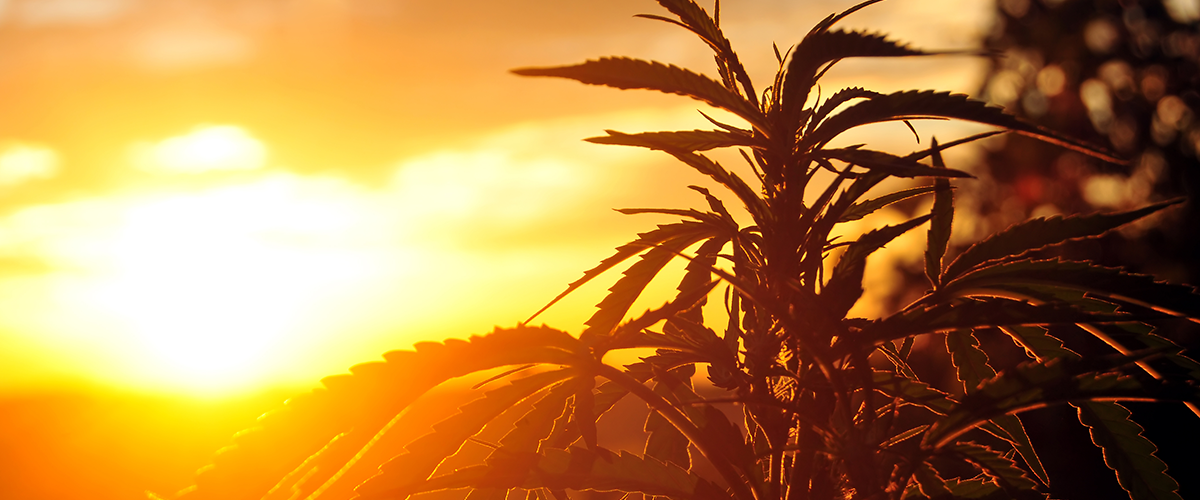More than 120 farmers have applied for the 20 available hemp growing permits in South Carolina’s new pilot program.
Over the past decade, the United States has seen the unwarranted stigma around cannabis fade significantly. Medical marijuana legalization policies have even expanded into states that have historically been strongly opposed to any type of cannabis legalization. That trend toward cannabis acceptance is no more apparent than in historically conservative South Carolina, which is in the midst of launching its hemp industry.
Since South Carolina Governor Henry McMaster signed into law House Bill 3550 to establish a hemp pilot program, more than 120 farmers have applied for one of the 20 permits to grow the crop, according to The State.
Hemp cultivation is just recently returning to the U.S., where it had enjoyed a long history prior to nearly 50 years of federal prohibition. President Barack Obama signed into law the 2014 Farm Bill, which gives authorization to state departments of agriculture and universities in states that have legalized hemp cultivation to grow the crop. South Carolina is one of more than 30 states that have since passed laws regarding industrial hemp, and at least 16 of those have laws allowing for commercial production.
Officials with the South Carolina Department of Agriculture were initially concerned that there wasn’t going to be enough interest among state farmers. Indeed, in August, just two months before the deadline, none had submitted an application. Then, after the deadline for applying was extended by one week, applications for the grower’s permit came flooding in, led by a South Carolina mother who produces hemp CBD oil for her daughter.
A Sustainable Crop with a Long History
Hemp is an environmentally sustainable crop that has been harvested for centuries. With more than 25,000 product applications – including paper, building materials, biofuel, and textiles – hemp can reduce our dependency on wood, petroleum, and other unsustainable industrial agriculture and energy practices. The plant’s seeds are highly nutritious and considered a high-quality source of:
- Complete protein
- Essential fatty acids
- Fiber
- Vitamins
- Minerals
Hemp is also naturally abundant in cannabidiol (CBD), a non-psychoactive cannabinoid that interacts with our naturally occurring systems. Treated as a dietary supplement, hemp CBD oil is legally available without a prescription in all 50 U.S. states, including South Carolina. Demand for hemp-derived CBD has skyrocketed in the U.S. over recent years, and sales are expected to reach $1 billion by 2020.
South Carolina’s 20 growing licenses, each permitting a 20-acre plot, will be issued to farmers who have passed a State Law Enforcement Division background check. If awarded, they will be required to work with an in-state research university to collaborate on developing a hemp market and hemp-based products.
Farmers will also be required to have a contracted buyer in place. If more than 20 meet the criteria, the Department of Agriculture will distribute the licenses to those they believe have the greatest chances of success, while taking into consideration the need to spread the licenses across the state to test where hemp grows best.
South Carolina’s hemp program will expand to 40 licenses for 40 acres each next year, and then be analyzed by the agriculture department and the state’s research universities, who will decide whether the program should be expanded further.
Learn More About Hemp
Hemp CBD oil products, including supplements and body care products, are legal to purchase and use in all 50 U.S. states. You can learn more about hemp and how CBD interacts with our natural systems by visiting our education page, or visit our online shop to get started with CBD today.






